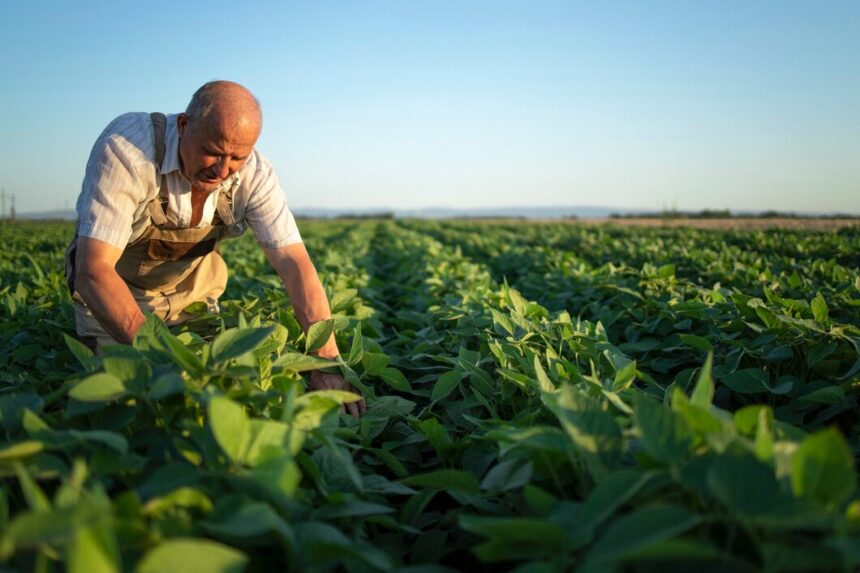Climate extremes, such as severe droughts, heavy rainfall, and temperature fluctuations, pose significant risks to agriculture in South Africa. Adopting strategies to mitigate these challenges can help safeguard crop yields and ensure sustainable farming practices. Here are ten effective ways to protect South African crops from climate extremes:
- Drought-Tolerant Crop Varieties: Choose and plant crop varieties that are bred for drought resistance. These varieties are better equipped to withstand water shortages and maintain productivity under arid conditions.
- Soil Conservation Techniques: Implement soil conservation practices like contour plowing, terracing, and cover cropping. These techniques help reduce soil erosion, improve water retention, and enhance soil fertility, making crops more resilient to climate extremes.
- Efficient Irrigation Systems: Invest in modern irrigation technologies, such as drip or sprinkler systems, that provide precise water delivery. Efficient irrigation reduces water wastage and ensures crops receive the necessary moisture during dry periods.
- Rainwater Harvesting: Collect and store rainwater during wet periods for use during dry spells. Rainwater harvesting systems, such as rain barrels or storage tanks, can provide an additional water source for irrigation and reduce reliance on external water supplies.
- Mulching: Apply organic or inorganic mulch around crops to conserve soil moisture, regulate soil temperature, and suppress weed growth. Mulching helps maintain optimal growing conditions and reduces the impact of temperature fluctuations.
- Windbreaks and Shelterbelts: Plant trees or shrubs around crop fields to act as windbreaks and shelterbelts. These barriers can reduce wind speed, protect crops from wind damage, and minimize soil erosion.
- Climate-Resilient Farming Practices: Adopt farming practices that enhance resilience to climate extremes, such as no-till farming, crop rotation, and agroforestry. These practices improve soil health, increase biodiversity, and enhance the overall resilience of the farming system.
- Weather Forecasting and Monitoring: Utilize advanced weather forecasting tools and climate monitoring systems to make informed decisions about planting, irrigation, and harvest timing. Staying informed about weather patterns helps farmers anticipate and manage climate-related risks.
- Pest and Disease Management: Monitor crops regularly for signs of pests and diseases that can be exacerbated by climate extremes. Implement integrated pest management (IPM) strategies to control outbreaks and minimize crop damage.
- Farmer Education and Training: Invest in training and education programs for farmers to stay updated on best practices for managing climate extremes. Knowledgeable farmers are better equipped to adapt to changing conditions and implement effective strategies for crop protection.
By incorporating these strategies, South African farmers can better manage the risks associated with climate extremes and enhance the resilience of their crops. Proactive measures and informed decision-making are key to sustaining agricultural productivity and ensuring food security in the face of a changing climate.
Join 'Farmers Mag' WhatsApp Channel
Get the latest Farming news and tips delivered straight to your WhatsApp
CLICK HERE TO JOIN






